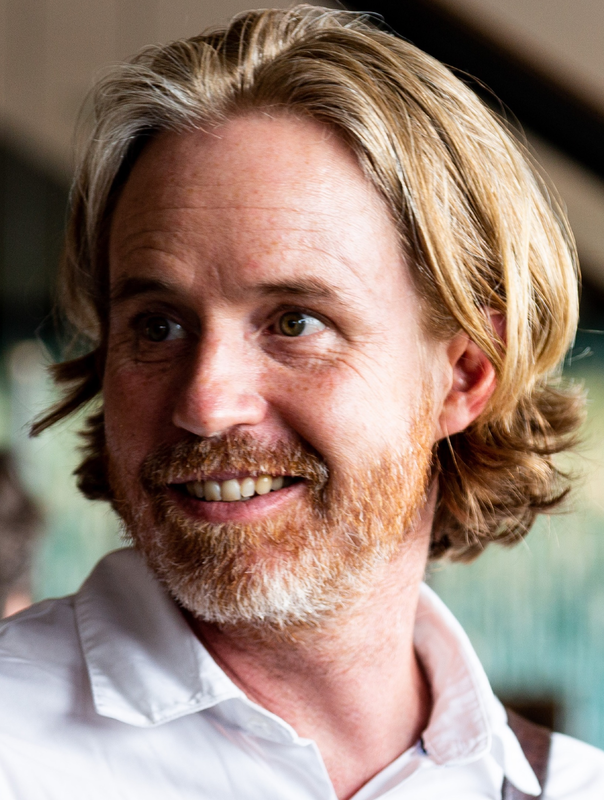|
The only way in which we can really make sense of our teams and organisations is to view them as imperfect human systems. Not only are our current teams and organisations imperfect, but we all come from a history of belonging to and being formed by imperfect human systems. By acknowledging this to ourselves and each other, we can stop pretending to be the perfect team or company. This means we can start becoming curious about the ways in which we are contributing to the imperfections, rather than being defensive and trying to blame others for things that go wrong. Remember, if a team is a system, it means that every member of the system is contributing to (and affected by) everything that happens in the system. By holding this in mind I can ask myself: How am I, albeit unconsciously, contributing to the difficulty another team member is experiencing? Furthermore, a team can only really THINK if its members are willing to put all their cards on the table, warts and all, rather than trying to hide things from one another. How can a team think about how to improve its effectiveness if it cannot even see all the puzzle pieces it is dealing with? If it is OK to be imperfect, it is also safe enough to acknowledge and improve our imperfections. Leaders have a huge responsibility in fostering a team culture where mistakes are seen as opportunities for learning, and not as opportunities for shaming. As Leonard Cohen sang: Ring the bell that still can ring Forget your perfect offering There is a crack, a crack in everything That's how the light gets in
0 Comments
Your comment will be posted after it is approved.
Leave a Reply. |
This blogThis blog serves as a journal of thoughts, reflections, opinions, case discussions and lecture notes that I have created as part of my work with clients, students and colleagues. Plus some stories of journeys to faraway places. Categories
All
AuthorRead more about me here. Contact me: [email protected] Archives
March 2025
|
Copyright Dr. Jean Henry Cooper
Contact me: [email protected]


 RSS Feed
RSS Feed
